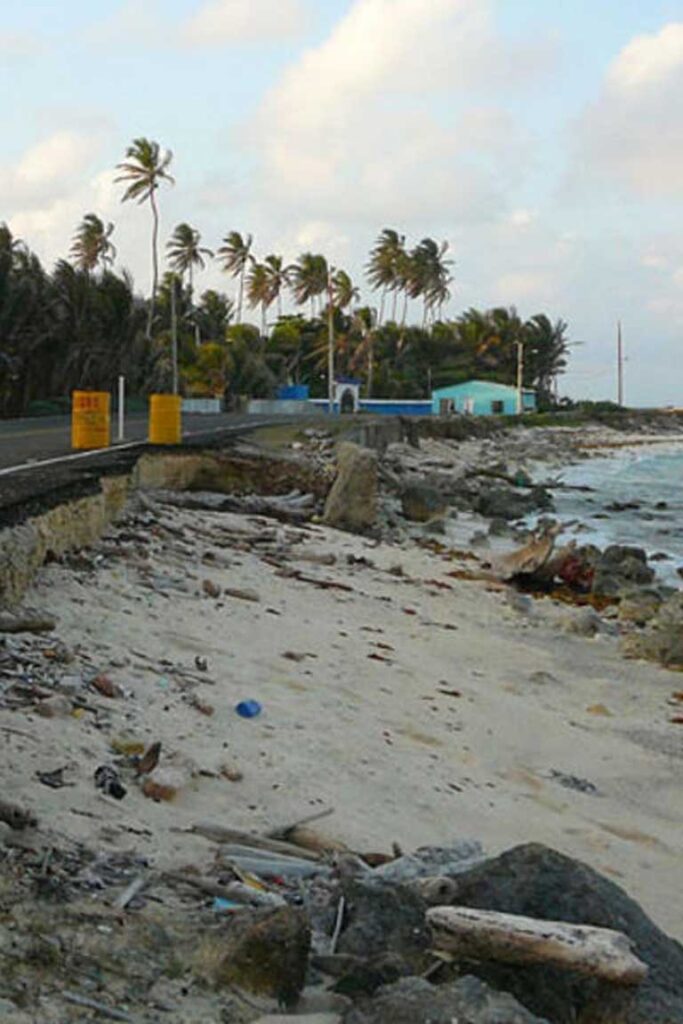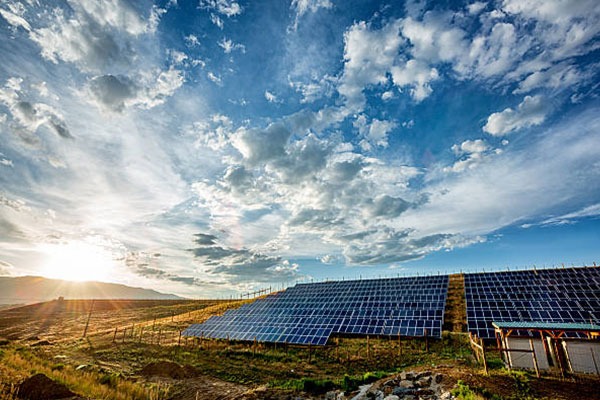
The goal the EU pursues is climate neutrality (European Green Deal proposal), investment in clean energies and the search for new allies that are reliable and committed to the goal of a green and just energy transition. Those movements have acquired a never-before-seen dimension, but the EU still needs to modernize energy networks to support energy system integration and to add other decarbonized and low-emission energy carriers, such as renewable hydrogen and lithium technologies line with the Paris Agreement).


While this takes place, Latin America and the Caribbean (LAC) is one of the regions of the world that has been suffering the most from climate change: crop loss, new public health problems, extreme weather and the proliferation of sixth-generation wildfires. The interest this region has in working to alleviate climate change is evident, so there is an urgent demand for developing the necessary tools. LAC is a region with a wealth of natural resources that are relevant alternatives to traditional polluting industries, such as the energy sector. Data reveals that the so-called “lithium triangle” – made up of Argentina, Bolivia and Chile – contains 56% of the world’s resources. It is also estimated that LAC could meet 12% of green hydrogen demand by 2050. Energy transition implies both a need and an opportunity for the region. However, LAC does not have the resources or the knowledge to take full advantage of these technologies on its own.

Under this scheme, the EU and LAC present complementary possibilities and are, to a large extent, natural partners. International problems require international solutions and this challenge is a good example. EU-LAC cooperation on energy transition should start with cooperation among European and Latin American research infrastructures. On the one hand, the EU needs renewable energy research to develop quickly to resolve some of its limitations, such as intermittency. On the other hand, LAC needs to cease having a purely extractive role and move up in the value chain of lithium and green hydrogen; this also applies to other sources of energy like solar-thermal, allowing them to overcome the “Commodity Resource Curse”. EULAC Energytran will work on this.



Research infrastructure cooperation for energy transition between European and Latin American and the Caribbean countries

Funded by the European Union. Views and opinions expressed are however those of the author(s) only and do not necessarily reflect those of the European Union. Neither the European Union nor the granting authority can be held responsible for them.
EULAC ENERGYTRAN © 2026 · All rigths reserved
EULAC ENERGYTRAN © 2026
All rigths reserved

Research infrastructure cooperation for energy
transition between European and Latin American
and the Caribbean countries
EULAC ENERGYTRAN © 2026
All rights reserved
To provide the best experiences, we use technologies like cookies to store and/or access device information.